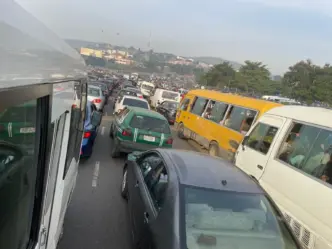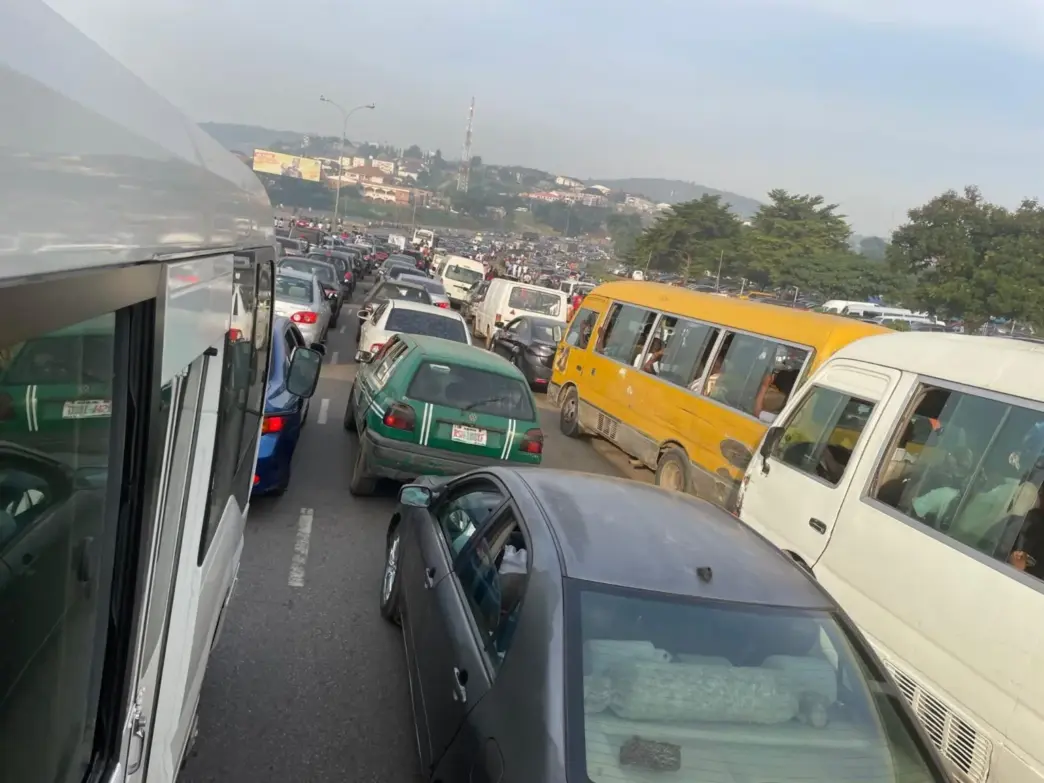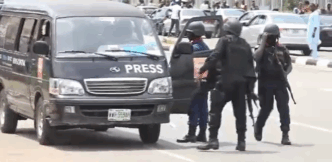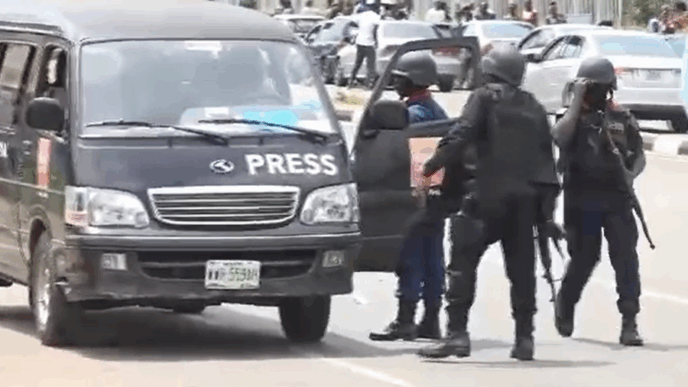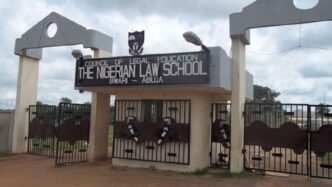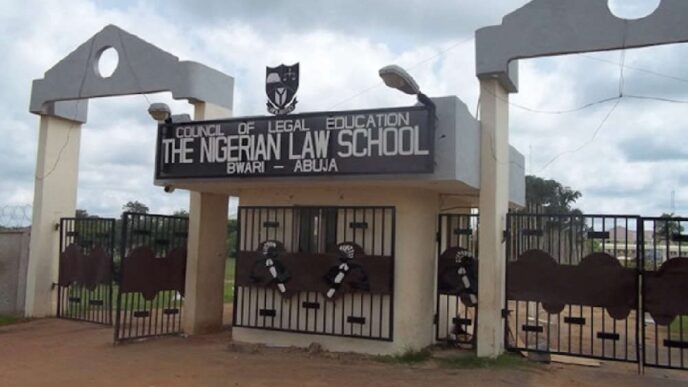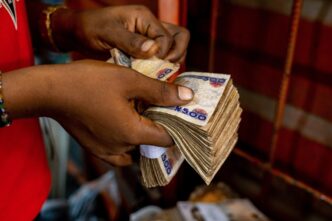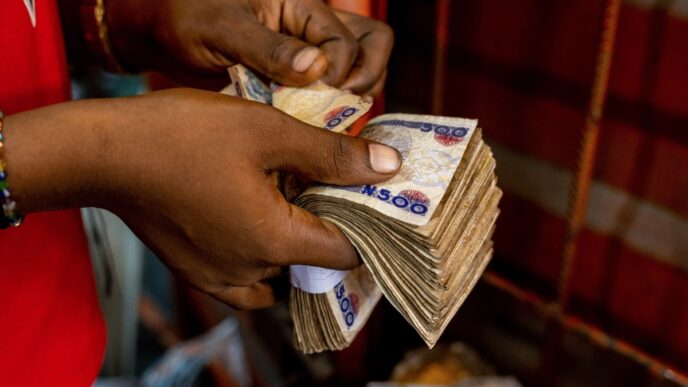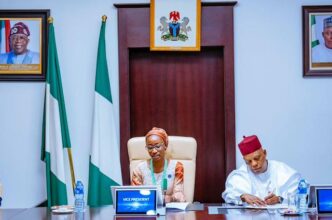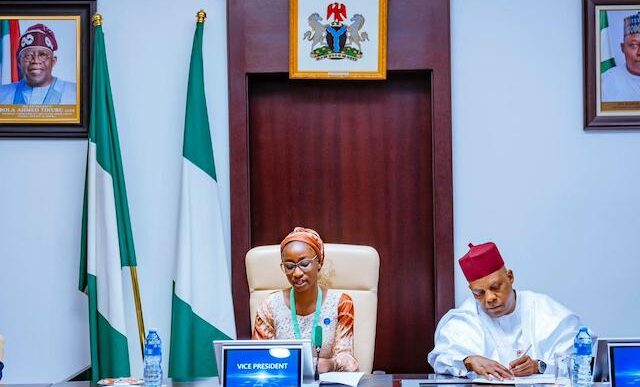Motorists were stranded across several parts of Abuja on Monday as the #FreeNnamdiKanu protest triggered massive traffic congestion and road closures.
The demonstration, led by activist Omoyele Sowore, began early at the Transcorp Hilton, where demonstrators demanded the immediate release of IPOB leader Nnamdi Kanu.
Major roads, including Shehu Shagari Way and adjoining routes to the city centre, were blocked. Videos circulating online showed long tailbacks around Nyanya and Karu, with drivers struggling to move through diverted routes.
Security operatives arrived early at protest sites and fired tear gas and live rounds to disperse the demonstrators.
There was heavy deployment at Eagle Square, Unity Fountain, and the Three Arms Zone, where access roads were sealed off. Motorists and pedestrians were barred, and armed personnel patrolled key areas.
Elsewhere, soldiers and police fired tear gas near the Nigeria Union of Journalists secretariat in Utako, scattering bystanders who were reportedly not part of the protest.
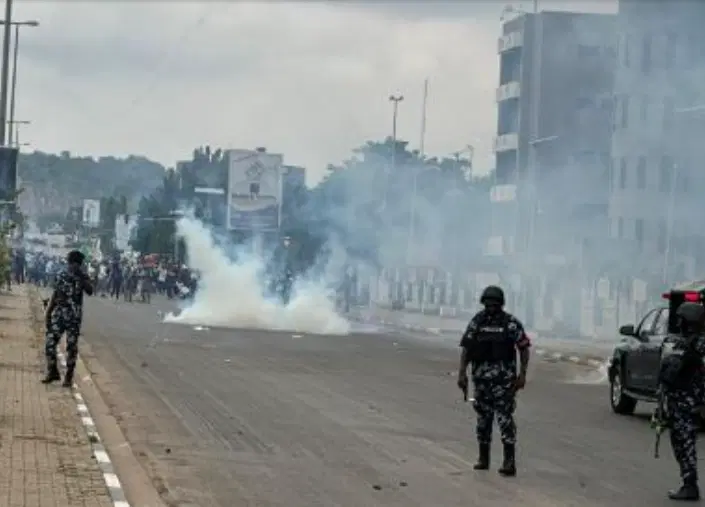
The action came despite an interim injunction issued by Justice Mohammed Umar of the Federal High Court, banning protests around Aso Rock, the National Assembly, Force Headquarters, the Court of Appeal, Eagle Square, and Shehu Shagari Way.
Police had warned of arrests for defaulters and vowed to use digital evidence to track online incitement.
Sowore, however, dismissed the injunction’s validity, questioning why no similar restriction was imposed on groups opposing Kanu’s release.
He added that over 100 lawyers were ready to challenge the order once formally served.
Kanu, the leader of the proscribed Indigenous People of Biafra (IPOB), was first arrested in 2015 on treason charges, released on bail, and later fled Nigeria.
He was re-arrested in Kenya in 2021 and extradited to Nigeria under controversial circumstances.
He currently faces terrorism charges before the Federal High Court.


 Trending
Trending 
